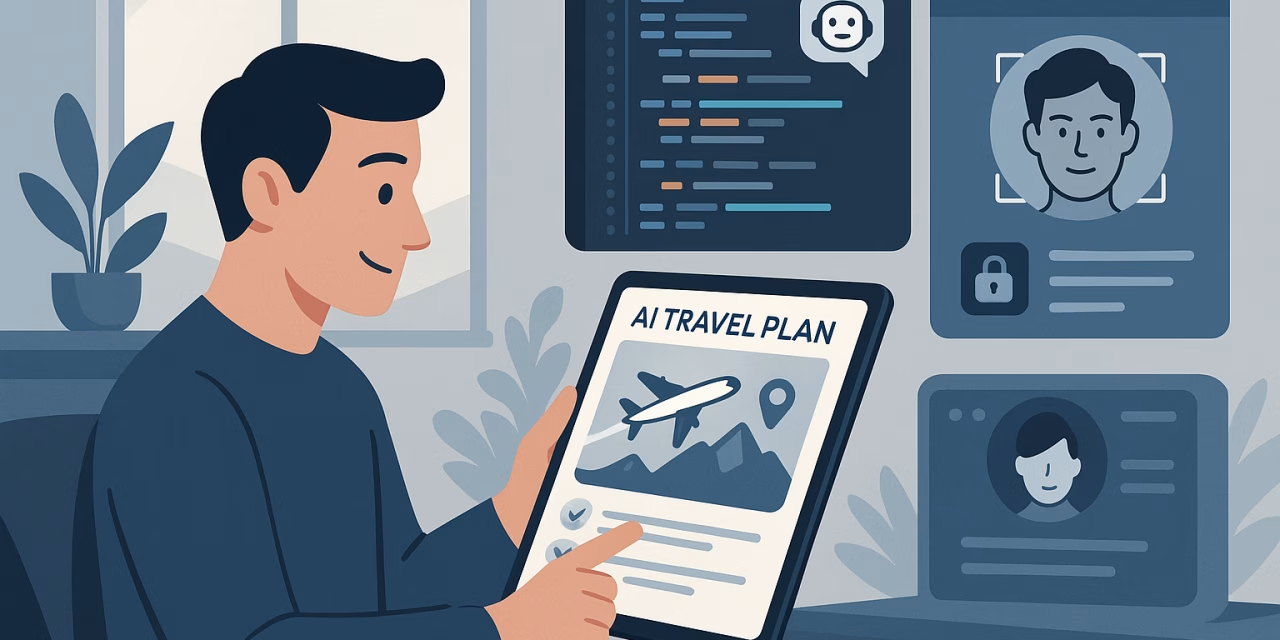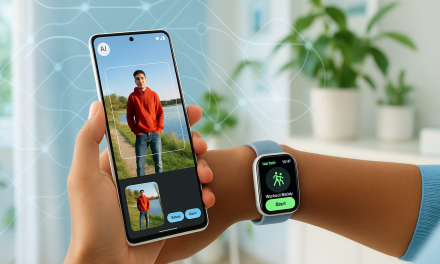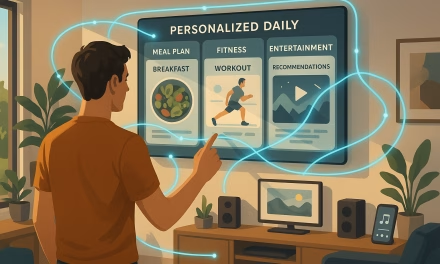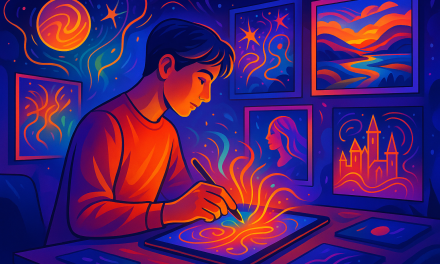July 1, 2025, highlights the increasing sophistication of Artificial Intelligence as a personal assistant, seamlessly integrating into our daily lives to streamline tasks and enhance digital experiences across various domains, from travel planning to coding and online security.
The day’s news showcases several key developments. Ex-Meta engineers have launched a comprehensive AI travel planning tool designed to handle every aspect of trip organization. This innovation promises to revolutionize how we plan vacations and business trips, offering personalized itineraries, optimized routes, and real-time adjustments, all powered by AI.
In the realm of software development, Cursor, an AI coding editor, expanded its accessibility by launching web and mobile versions. This move aims to help users manage AI coding agents more effectively, making advanced programming tools more intuitive and available on the go. This signifies AI’s growing role in democratizing complex technical skills.
Online security is also benefiting from AI’s advancements. Tinder, for instance, implemented mandatory face verification checks for new users in California to combat fake profiles. This AI-powered security measure enhances user trust and safety in online interactions, a critical aspect of modern digital life.
Furthermore, Google announced major AI integration updates for educational environments through Gemini AI and other AI-powered classroom tools, while Meta shifted its AI strategy to focus specifically on superintelligence development. These broader trends indicate AI’s pervasive influence across all facets of life, from learning to advanced research.
The developments on July 1, 2025, collectively illustrate that AI is becoming an indispensable personal assistant. By automating mundane tasks, providing intelligent insights, and enhancing security, AI is not just making our lives easier but also more efficient and secure, allowing individuals to focus on more creative and meaningful endeavors.





